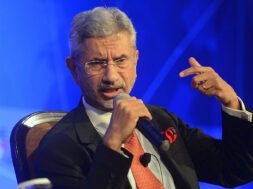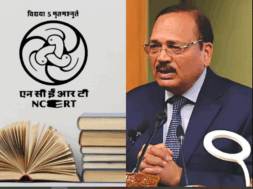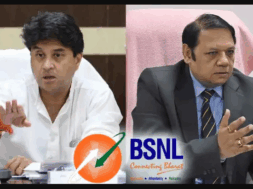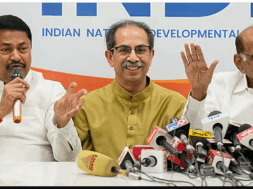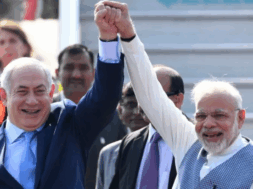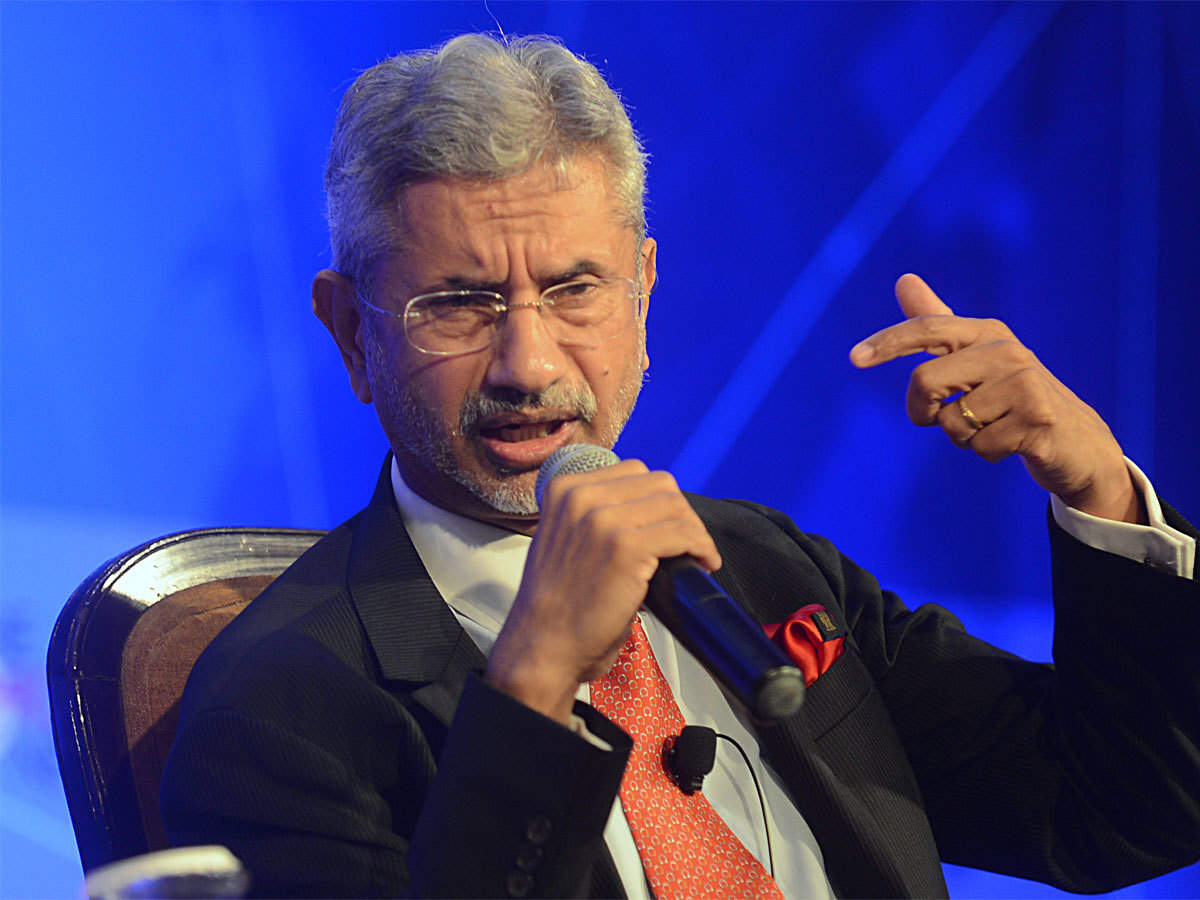
NEW DELHI, Dec 19: Hitting out at the Congress leader Rahul Gandhi fo his comments that Chinese army were beating Indian soldiers in Arunachal Pradesh, External Affairs Minister (EAM) S. Jaishankar said in the Lok Sabha on Monday, “We should not, directly or indirectly, criticise our jawans.” Indian soldiers, he said, were standing their ground at Yangtse and did not deserve the word “ pitaai“ (beaten)..
The Lok Sabha on Monday passed the Anti-Maritime Piracy Bill, 2019. Jaishankar clarified that the clause on the death penalty, which Opposition MPs had sought to be reconsidered, had been amended to punishment with death or with imprisonment for life.
“Our soldiers are standing in Yangtse at 13,000 feet defending our borders. They do not deserve to have the word pitaai. The word should not be used for our jawans. Our jawans are standing their ground. They should be respected, honoured and appreciated,” Dr. Jaishankar said in the Lok Sabha.
Responding to questions from the Congress on China and the situation along the Line of Actual Control (LAC) during the discussion, Dr. Jaishankar asked, “If we were indifferent to China, then who sent the Indian Army to the border? If we were indifferent to China, then why are we pressurising China for de-escalation and disengagement today? Why are we saying publicly that our relations are not normal?”
The Anti-Maritime Piracy Bill passed by the Lok Sabha will bring the United Nations Convention on the Law of the Sea (UNCLOS) into domestic law and enable Indian authorities to take action against piracy on the high seas.
During the discussion on the Bill last week, Opposition Members of Parliament had asked the government to reconsider the clause for the mandatory death penalty in the Bill for any action which might cause death, and that it should be life imprisonment instead.
Stating that government should consider the implications of the death penalty properly, Congress MP Manish Tewari had said this could hamper extradition from countries that don’t have the death penalty, and where piracy may not even have caused death.
During a discussion in the House on the Bill before it was passed, Dr. Jaishankar said this had now been amended to punishment with death or with imprisonment for life, if such a person was committing the act of piracy that was causing death or in an attempt thereof, which he said was in line with the Supreme Court’s pronouncement that the death penalty should be awarded in the “rarest of rare” cases, as well as in line with the extradition provisions of many countries.
The Bill was introduced in the Lok Sabha on December 9, 2019, and referred to the Standing Committee on External Affairs which presented its report on February 11, 2021. Earlier, while introducing the Bill for discussion, Dr. Jaishankar said out of the 18 recommendations of the Standing Committee, 14 had been incorporated.
(Manas Dasgupta)
